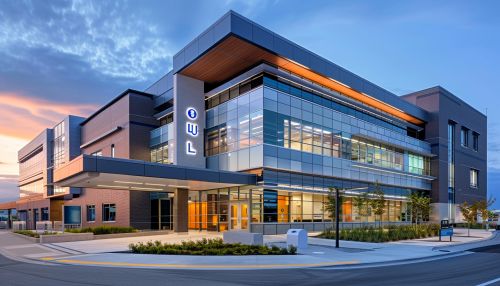St. Luke's Health System
Overview
St. Luke's Health System is a non-profit healthcare organization based in the United States. It is considered one of the largest healthcare providers in the country, with a network of hospitals, clinics, and medical facilities spread across several states. The health system is known for its comprehensive range of medical services, from primary care to specialized treatments.
History
The origins of St. Luke's Health System can be traced back to the late 19th century, when it was established as a single hospital in Boise, Idaho. Over the years, it has grown and expanded, acquiring other hospitals and medical facilities to become a comprehensive healthcare system.


Services and Specialties
St. Luke's Health System offers a wide range of medical services, including primary care, emergency care, and specialized treatments. Some of the specialties offered by the health system include cardiology, oncology, orthopedics, and neurology. The health system is also known for its advanced medical technology and innovative treatment methods.
Locations
The health system operates numerous hospitals, clinics, and medical facilities across several states. These include Idaho, Oregon, and Nevada, among others. Each location is equipped with state-of-the-art medical technology and staffed by experienced healthcare professionals.
Research and Innovation
St. Luke's Health System is also involved in medical research and innovation. It collaborates with other healthcare institutions and universities to conduct research in various medical fields. The health system also invests in new technologies and treatment methods to improve patient care.
Community Involvement
As a non-profit organization, St. Luke's Health System is committed to serving the community. It provides a range of community services, including health education, free screenings, and support for underserved populations.
